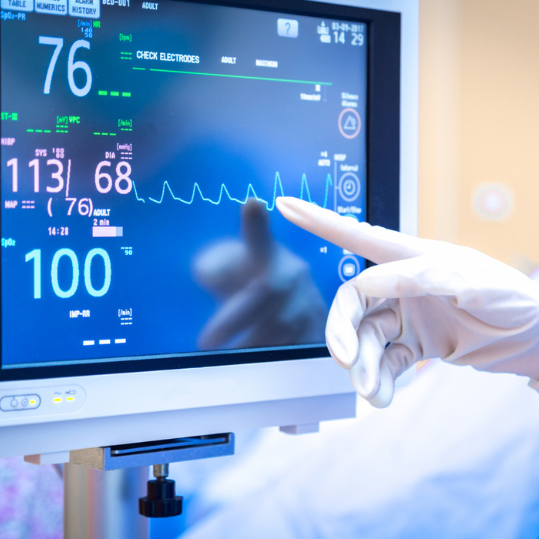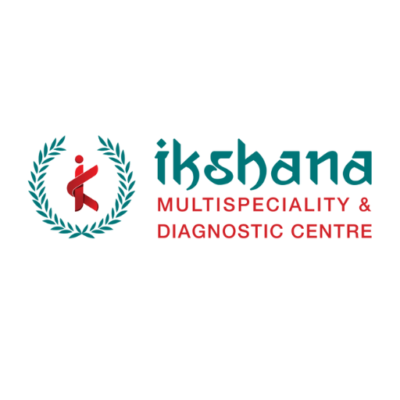Ikshana Multispeciality and Diagnostic Centre
Monitoring Your Heart's Rhythm: Advanced ECG Technology for Better Health
Unlock the Secrets of Your Heart’s Health: Expert ECG Testing for Optimal Care.

ECG
ECG
An electrocardiogram (ECG) is a diagnostic test that records the electrical activity of the heart. Our clinic offers diagnostic services with ECG to help detect heart problems and monitor the heart’s function
During an ECG, electrodes are placed on the chest, arms, and legs, which pick up the electrical signals generated by the heart. The signals are recorded and displayed as a series of waves on a monitor or paper printout. The test typically takes 5-10 minutes, and it is painless and non-invasive.
ECG is a valuable tool for diagnosing and monitoring heart problems, such as arrhythmias, heart attacks, and abnormal heart rhythms. It can also help identify risk factors for heart disease, such as high blood pressure, high cholesterol, and diabetes. Early diagnosis and treatment can prevent serious complications, such as heart failure and stroke.
Before the ECG, our medical team will conduct a thorough medical history and physical examination to ensure that the test is safe for you. You will be asked to lie down on a table, and electrodes will be placed on your chest, arms, and legs. You will need to remain still and quiet during the test to obtain accurate results.
After the test, our team will review the results and provide you with a detailed report. If any abnormalities are detected, we will recommend further diagnostic tests and treatment options.
At our clinic, we are committed to providing high-quality diagnostic services with ECG to help our patients maintain a healthy heart and prevent cardiovascular disease. Contact us today to schedule an appointment for an ECG test.
FAQ
Most frequent questions and answers
A. An ECG, or electrocardiogram, is a diagnostic test that records the electrical activity of the heart. During the test, electrodes are placed on the chest, arms, and legs, which pick up the electrical signals generated by the heart. The signals are recorded and displayed as a series of waves on a monitor or paper printout.
A. No, an ECG is a painless and non-invasive procedure. However, the electrodes applied to your chest may feel slightly cold or uncomfortable.
A. The ECG test typically takes 5-10 minutes, and the results are usually available immediately. Our medical team will review the results and provide you with a detailed report.
A. Yes, an ECG is generally safe for most people. However, it may not be suitable for individuals with certain medical conditions, such as severe skin allergies. Before undergoing the test, our medical team will conduct a thorough medical history and physical examination to ensure that it is safe for you.
A. Yes, you can eat and drink as usual before an ECG test.
A. You should wear comfortable clothes that allow easy access to your chest area.
A. If any abnormalities are detected during the ECG test, our medical team will recommend further diagnostic tests and treatment options.
A. The frequency of ECG testing depends on your medical history, age, and overall health. Our medical team will recommend the appropriate frequency of testing based on your individual needs.
A. Most health insurance plans cover the cost of ECG testing. However, it is best to check with your insurance provider to confirm the coverage.
